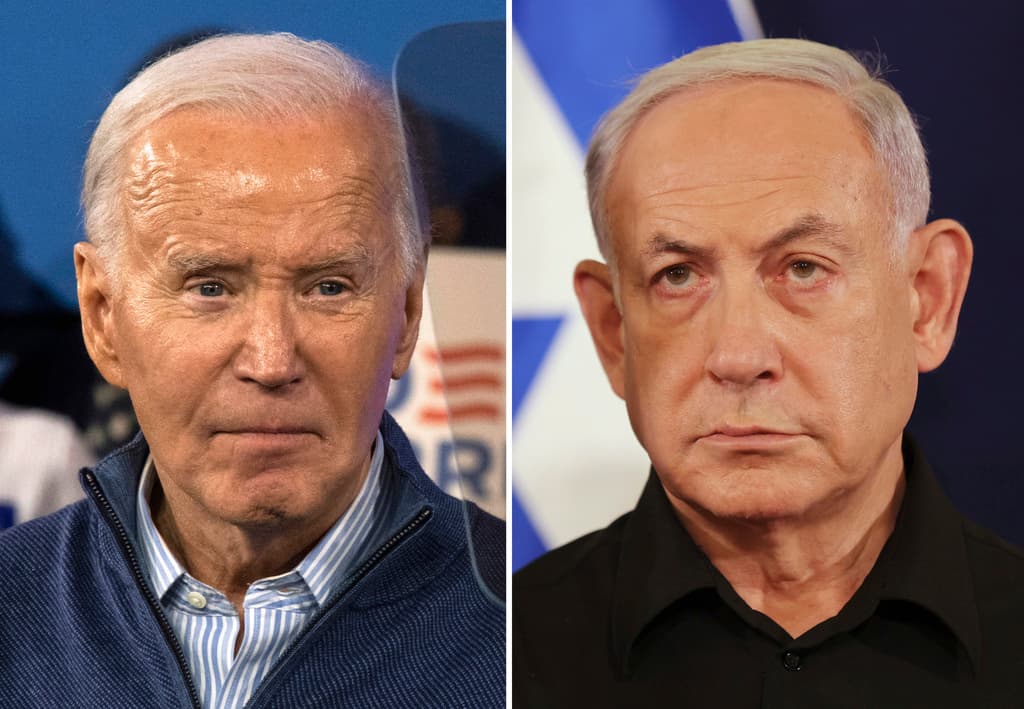Rafah Operation Gets Washington’s Okay If No Counterstrikes on Iran: Report
Although some Israeli action against Iran’s unprecedented attack seems a foregone conclusion, ahead of the Passover holiday considerable ambiguity prevails.

American officials have decided to give sanction to an Israeli operation against Hamas at Rafah in the Gaza Strip in exchange for an agreement by Prime Minister Netanyahu to hold off on retaliatory strikes against Iran, a new report from a Qatari newspaper says.
Please check your email.
A verification code has been sent to
Didn't get a code? Click to resend.
To continue reading, please select:
Enter your email to read for FREE
Get 1 FREE article
Join the Sun for a PENNY A DAY
$0.01/day for 60 days
Cancel anytime
100% ad free experience
Unlimited article and commenting access
Full annual dues ($120) billed after 60 days

